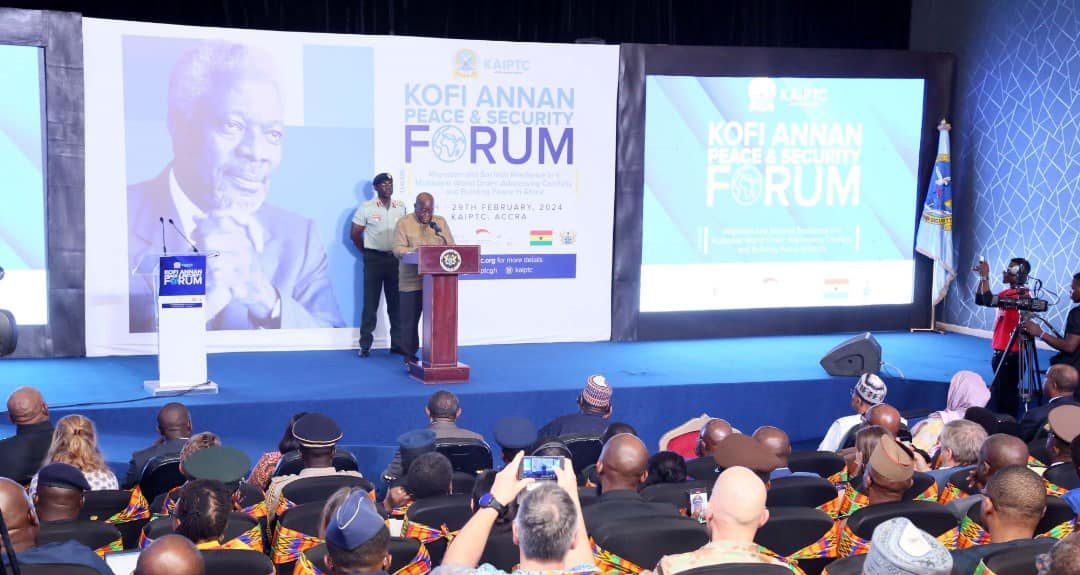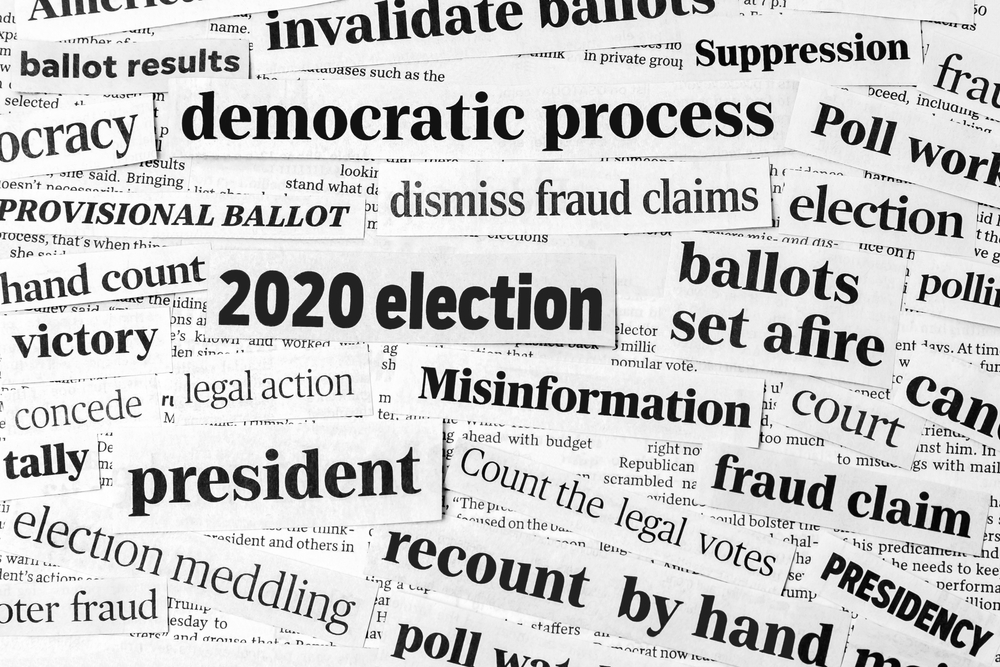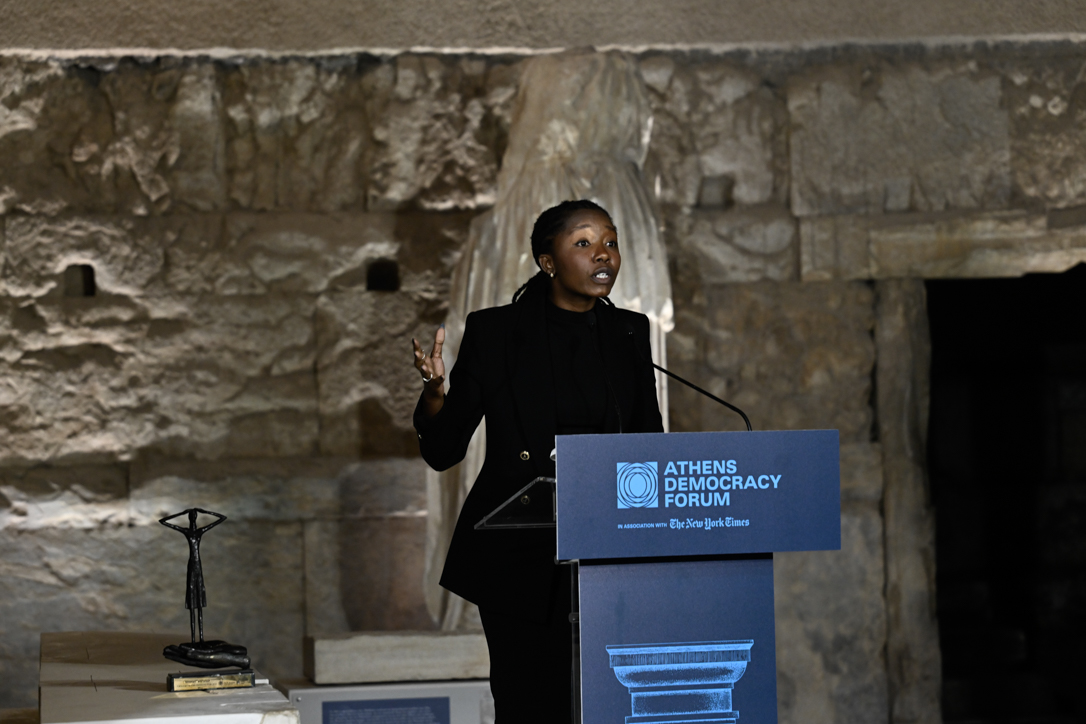The Electoral Integrity Initiative
WHY ELECTIONS CAN CAUSE INSTABILITY
Elections are the established mechanism for the peaceful arbitration of political rivalry and transfers of power. In practice, however, many elections actually prove deeply destabilizing, sometimes even triggering conflict and violence.
A growing number of autocratic governments use elections to wrap themselves in a veneer of democratic legitimacy.
The “winner-takes-all” mentality with which many leaders around the world approach elections has led to abuses of power by the winner and encouraged losers to reject democracy as a peaceful means for change.
TOWARDS STABLE AND LEGITIMATE ELECTIONS
For elections to be the legitimate instrument at the heart of the democratic process, they need to be carried out with integrity.
Elections with integrity are based on the democratic principles of universal suffrage and political equality and are professional, impartial, and transparent in preparation and administration throughout the electoral cycle.
Their outcome is not just legally beyond reproach but the process and its outcome are also perceived as legitimate by the electorate.
THE ELECTORAL INTEGRITY INITIATIVE (EII)
In 2013, in line with a recommendation of the Global Commission on Elections, Democracy and Security, the Kofi Annan Foundation launched the Electoral Integrity Initiative (EII). The EII is an informal network of organisations and individuals who share a common concern for the unaddressed political challenges that undermine elections, especially in countries that have recently emerged from, or are experiencing, prolonged political instability.
WHAT IS THE EII?
The EII concentrates on two areas in particular:
Political engagement with selected countries with potentially fraught elections. The Initiative will focus on a small number of potentially violent national election processes where it believes it can make a decisive difference. It will identify critical moments and the right actors from its network to engage political leaders on the ground well in advance of the actual elections in order to defuse tensions and address underlying political risks.
Policies for electoral reform. The Initiative will work on some policy issues that have far-reaching and practical implications for electoral processes. Where possible, the Initiative will select themes that it can advance when engaging with individual elections, while simultaneously promoting policy discussions with the large number of practitioners and organizations who engage in support of elections with integrity.
The EII is guided by a panel of senior statesmen and women, convened by the Kofi Annan Foundation. The eminent group, which includes former heads of state and government such as Madeleine K. Albright (United States of America), Gordon Brown (United Kingdom), and Susilo Bambang Yudhoyono (Indonesia), works to support credible and peaceful elections in selected countries around the world. Learn more about the EII Panel of Senior Figures.
How does the EII work?
The project is managed by a small team within the Kofi Annan Foundation. A Group of individuals from around the world and from organizations with expertise and experience in improving electoral integrity make up the steering group for the project. Membership of the group is by invitation and informal. A group of Senior Public Figures; former statesmen and women have agreed to lend their support to the Initiative, and to engage, where requested, with individual countries where the risks of fraught and possibly violent elections are high.
ORIGINS OF THE ELECTORAL INTEGRITY INITIATIVE (EII)
In 2010, in concert with the Stockholm-based group International IDEA, the Kofi Annan Foundation convened a group of elder statespersons and international policy thinkers to form the Global Commission on Elections, Democracy and Security. The commission, identified several root causes to elections related instability and violence and created a list of recommendations to address these issues.
A key recommendation emerging from the commission’s final report, stressed the central role of integrity in the electoral process, leading the Kofi Annan Foundation to form the Electoral Integrity Initiative.
HIGHLIGHTS OF OUR WORK
In the run-up to the 2015 elections in Nigeria, the EII brokered an agreement, known as the Abuja Accord, which facilitated the peaceful transition of power between the opposing political protagonists.
The EII is currently working with several countries in Africa, South America and Asia, to reinforce the legitimacy of their electoral processes.
The EII continues to add countries to its watch-list based on the likelihood of violent, destabilizing elections and our capacity to constructively wield influence.



